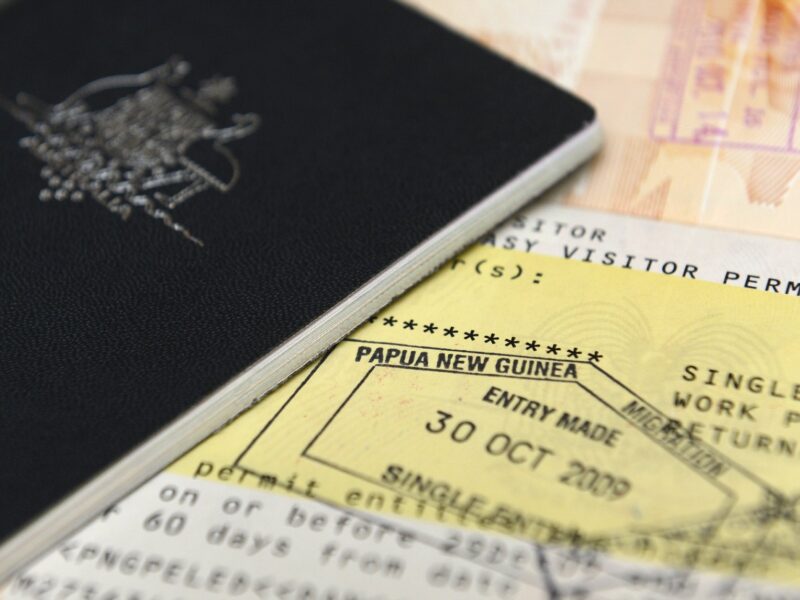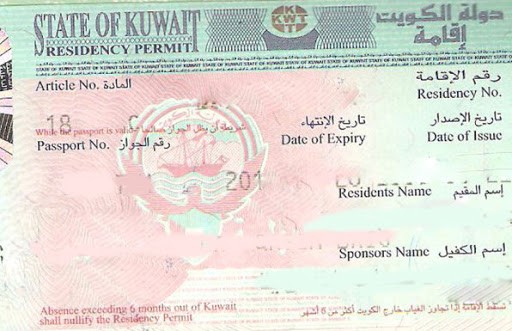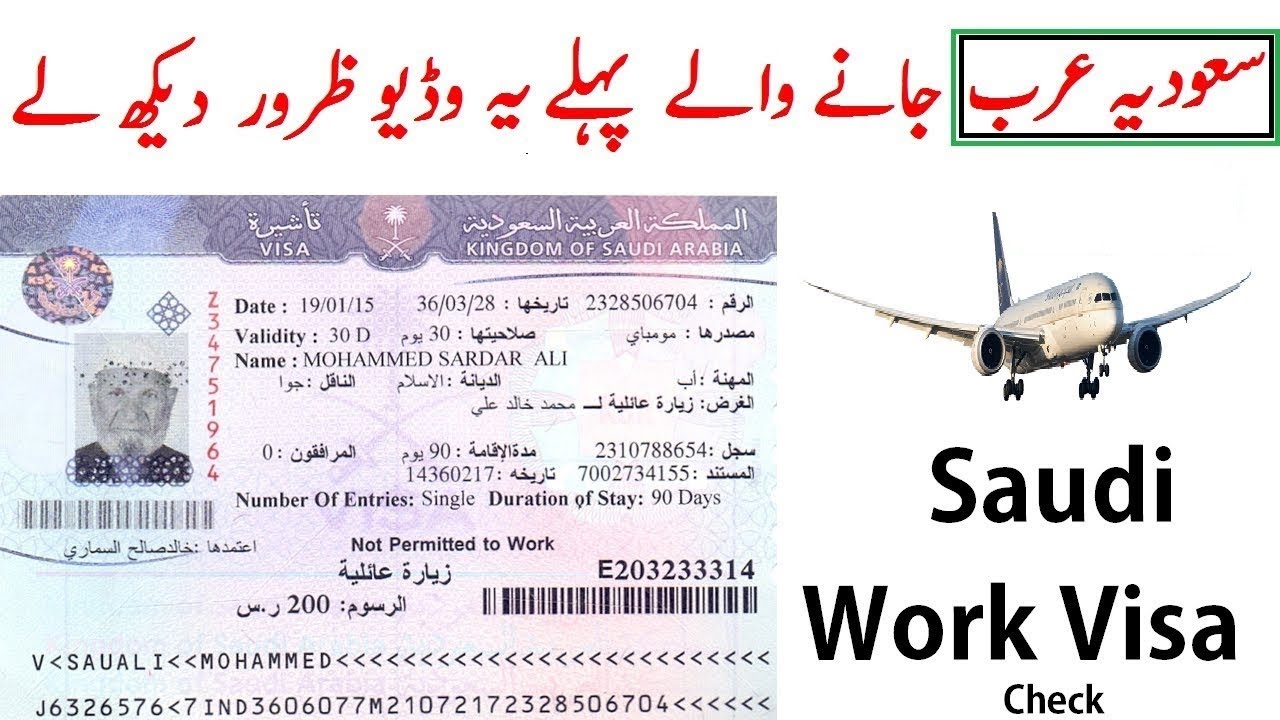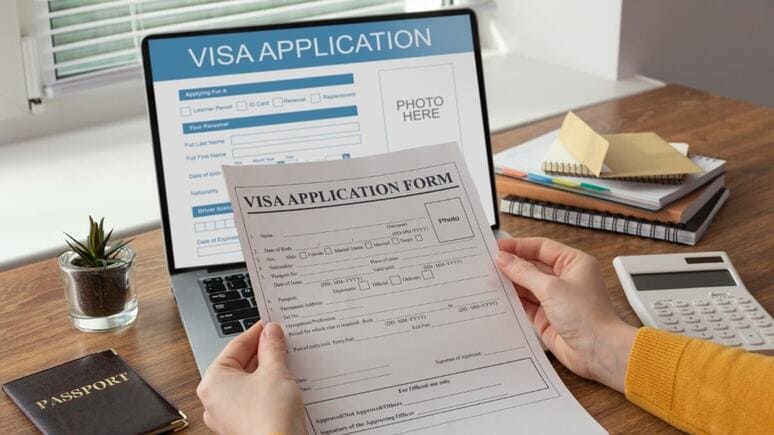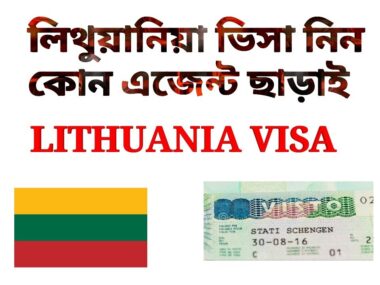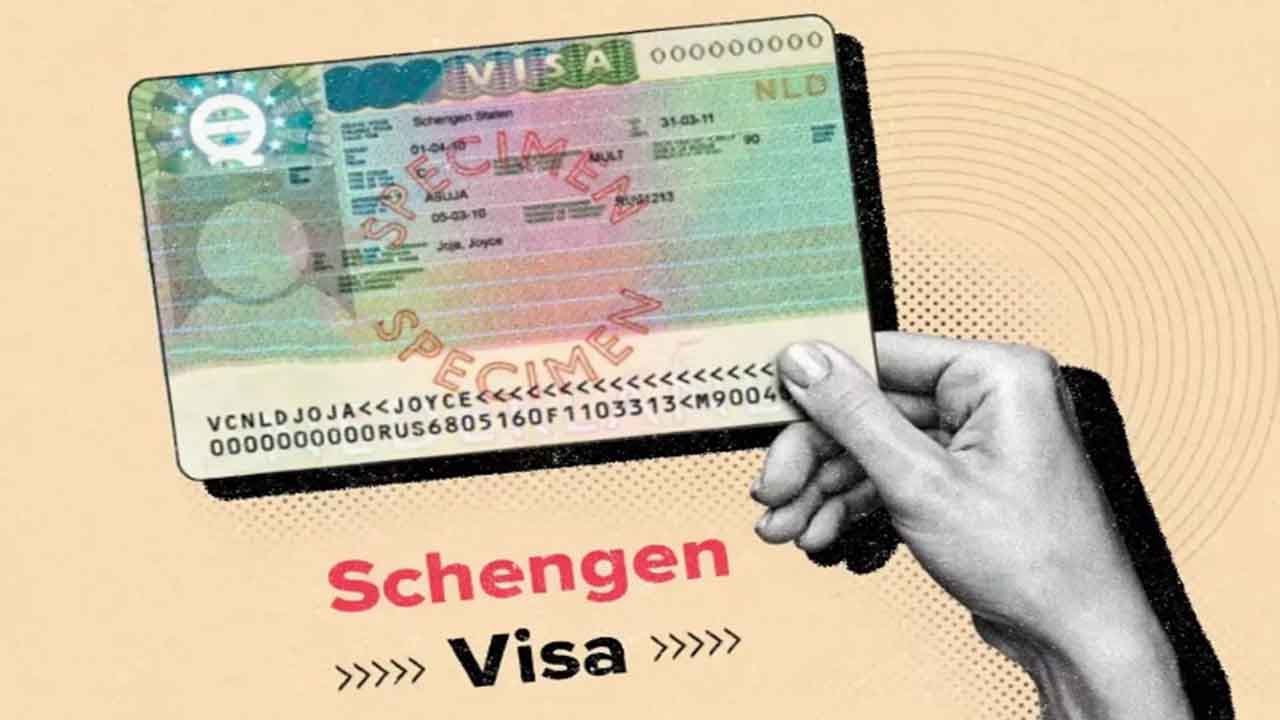Papua New Guinea (PNG), a land of vibrant cultures and booming industries like mining, agriculture, and energy, is an exciting destination for professionals worldwide. However, securing a work visa to join its workforce requires navigating a complex but manageable process. This comprehensive guide, crafted with insights from recent regulations and real-world experiences, will walk you through every step of the PNG work visa application process for 2025. Whether you’re a skilled engineer eyeing the resource sector or a consultant exploring opportunities, this article offers practical advice, updated data, and a fresh perspective to help you succeed.
With my expertise in global immigration processes and a deep dive into PNG’s latest visa policies, I’ll provide a human-centered, actionable roadmap. Expect real examples, expert tips, and a touch of optimism to make your journey to working in PNG smooth and rewarding.
Why Work in Papua New Guinea?
PNG’s economy is on an upward trajectory, driven by its natural resources and increasing foreign investment. The demand for skilled professionals in sectors like oil and gas, infrastructure, and technology is growing, making it an attractive destination for career-driven individuals. However, the country’s immigration system, governed by the Papua New Guinea Immigration & Citizenship Authority (ICA) and the Department of Labour and Industrial Relations (DLIR), is strict about legal employment. Non-citizens must secure both a work permit and a visa to work legally, ensuring compliance with local labor laws and protecting opportunities for PNG nationals.
This guide is designed to demystify the process, offering clarity and confidence as you prepare to contribute to PNG’s dynamic workforce.
Understanding PNG Work Visas: The Basics
Before diving into the application process, let’s break down the types of work visas available in PNG for 2025. The country offers two primary categories:
-
Short-Term Employment Visa:
-
Duration: Up to 6 months, non-renewable.
-
Purpose: For temporary roles, such as short-term projects or specialized tasks requiring skills not readily available in PNG.
-
Example: A geologist hired for a 3-month mining survey.
-
-
Long-Term Employment Visa (Working Resident Visa):
-
Duration: 1 to 3 years, with exceptional cases up to 5 years for “Good Corporate Citizens” (e.g., major companies with strong compliance records).
-
Purpose: For professionals in long-term roles, such as engineers, consultants, or managers in major industries.
-
Example: A project manager overseeing a multi-year infrastructure development.
-
Key Insight: Unlike some countries, PNG requires a work permit from the DLIR before applying for a visa through the ICA. This two-step process ensures that foreign workers meet specific job requirements and that employers have justified hiring non-citizens over locals.
Step-by-Step Guide to Applying for a PNG Work Visa in 2025
Here’s a detailed roadmap to secure your PNG work visa, with practical tips and real-world examples to guide you.
Step 1: Secure a Job Offer
To apply for a work visa, you need a valid job offer from a PNG-based employer. The employer must demonstrate that the role cannot be filled by a local candidate, a requirement rooted in the Employment of Non-Citizens Act (2007). This often involves advertising the position locally before hiring a foreigner.
Expert Tip: Research companies with a history of hiring international talent, such as those in the mining sector (e.g., Barrick Gold) or infrastructure firms. Check job boards like Business Advantage PNG for opportunities.
Example: Maria, an Australian engineer, landed a role with a PNG mining company. Her employer provided a detailed job offer letter specifying her role, salary, and the lack of local candidates with her expertise in mineral extraction.
Step 2: Obtain a Work Permit
The work permit, issued by the DLIR, is a prerequisite for the visa. Employers typically handle this step, but you’ll need to provide supporting documents.
Required Documents for a Work Permit
|
Document |
Details |
|---|---|
|
Signed Employment Contract |
Must outline job role, salary, and duration. |
|
Passport Copy |
Valid for at least 6 months with two blank pages. |
|
Medical Certificate |
Proving good health, issued by a certified doctor. |
|
Police Clearance Certificate |
From your country of origin, verifying no criminal record. |
|
Employer Justification Letter |
Explaining why a local candidate wasn’t hired. |
Processing Time: 4–6 weeks, though delays can occur during peak application periods or public holidays.
Cost: Fees range from PGK 500 to PGK 2,000 (approx. US$135–$540), depending on the permit duration. Payments must be made via cheque to the DLIR.
Personal Insight: I’ve seen applicants struggle with incomplete police clearances. Ensure your certificate is recent (within 6 months) and includes all relevant jurisdictions where you’ve lived. For example, John, a UK consultant, was delayed because his clearance didn’t cover his time in Singapore.
Step 3: Apply for the Work Visa
Once the work permit is approved, the employer sends you the permit letter, which you’ll use to apply for a visa through the ICA or a PNG embassy/consulate. You can apply online via the ICA’s e-Visa portal or in person at a diplomatic mission.
Required Documents for a Work Visa
|
Document |
Details |
|---|---|
|
Work Permit Letter |
Issued by the DLIR, confirming approval. |
|
Visa Application Form |
Available online at ica.gov.pg or at PNG embassies. |
|
Passport |
Valid for 6+ months with two blank pages. |
|
Passport-Sized Photo |
White background, taken within the last 6 months. |
|
Employment Letter |
From the employer, detailing job role and visa type requested. |
|
Proof of Funds |
To cover living expenses in PNG (e.g., bank statements). |
Processing Time: 6–10 weeks, depending on application volume and document completeness.
Cost:
-
Short-Term Visa: PGK 500–1,000 (approx. US$135–$270).
-
Long-Term Visa: PGK 1,000–3,000 (approx. US$270–$800).
Expert Tip: Apply through the ICA’s online portal for faster processing. Ensure all documents are in accepted formats (.pdf, .jpeg, etc.) to avoid rejections.
Example: Sarah, a Canadian project coordinator, applied online and double-checked her document formats. Her visa was processed in 6 weeks, while a colleague who submitted paper documents waited 9 weeks.
Step 4: Medical and Character Checks
PNG requires a medical certificate to confirm you’re free of contagious diseases and a police clearance to verify your character. These checks protect public health and safety.
-
Medical Certificate: Obtain from a certified doctor, ideally one familiar with immigration requirements. Some embassies provide a list of approved clinics.
-
Police Clearance: Contact the National Criminal Records Office in PNG or your home country’s equivalent. In PNG, submit the Character Check Application Form, a PGK 10 fee, and fingerprints at the Konedobu Police Headquarters.
Personal Insight: The medical check can feel invasive, but it’s standard. Schedule it early to avoid delays, as clinics in some countries have long waitlists.
Step 5: Submit Your Application
Submit your application online via ica.gov.pg or in person at a PNG embassy/consulate (e.g., Canberra, Sydney, or Brisbane for Australians). If your country lacks a PNG mission, the nearest Australian embassy can process your application.
Pro Tip: Double-check your application for errors. A missing signature or incorrect passport number can lead to rejection, costing you time and non-refundable fees.
Step 6: Await Approval and Plan Your Travel
Once approved, you’ll receive your visa, allowing you to enter PNG and start work. Plan your travel to align with your job start date, as visas are typically valid from the date of issue.
Example: Ahmed, a Filipino technician, received his 2-year visa in March 2025. He coordinated with his employer to arrive in Port Moresby a week early to settle in, avoiding last-minute stress.
Step 7: Visa Extensions (If Needed)
If you need to extend your stay, apply for an extension at least 4 weeks before your visa expires. You’ll need a new work permit from the DLIR and a Visa Extension Request Form from the ICA. Extensions are subject to approval based on your job role and employer needs.
Cost: PGK 500 for a 30-day extension.
Insight: Extensions are common in PNG’s project-based industries. Plan ahead, as late applications may result in temporary work stoppages.
Costs Breakdown: Planning Your Budget
Here’s a detailed cost overview to help you budget for the work visa process.
|
Item |
Cost (PGK) |
Cost (USD, Approx.) |
Notes |
|---|---|---|---|
|
Work Permit (Short-Term) |
500–1,000 | 135–270 |
Non-renewable, paid to DLIR. |
|
Work Permit (Long-Term) |
1,000–2,000 | 270–540 |
Up to 5 years for Good Corporate Citizens. |
|
Work Visa (Short-Term) |
500–1,000 | 135–270 |
Non-refundable, paid to ICA. |
|
Work Visa (Long-Term) |
1,000–3,000 | 270–800 |
Varies by duration and role. |
|
Medical Certificate |
200–500 | 54–135 |
Depends on clinic and country. |
|
Police Clearance |
10–100 | 3–27 |
PGK 10 in PNG; varies abroad. |
|
Visa Extension |
500 | 135 |
For 30-day extension, if applicable. |
Note: Additional costs may include notarizations, courier fees, or travel to embassies. Budget conservatively to avoid surprises.
Challenges and How to Overcome Them
Navigating PNG’s work visa process isn’t without hurdles. Here are common challenges and solutions:
-
Complex Documentation: The two-step process (work permit then visa) can be confusing.
-
Solution: Work closely with your employer, who often handles the work permit. Use a checklist to ensure all documents are complete.
-
-
Local Labor Preferences: PNG prioritizes local hires, so employers must justify hiring foreigners.
-
Solution: Highlight your unique skills in your application. For example, specialized roles in LNG projects often qualify.
-
-
Processing Delays: High application volumes or incomplete submissions can extend timelines.
-
Solution: Start 4–5 months before your intended start date and follow up regularly with the ICA or embassy.
-
Example: Lisa, a New Zealand IT specialist, faced delays due to a missing medical certificate. She contacted the ICA directly, clarified the issue, and resubmitted, securing her visa in 7 weeks.
Maximizing Your Success
Drawing from my knowledge of global immigration trends and PNG’s specific requirements, here are insider tips to boost your application:
-
Leverage an Employer of Record (EOR): Companies like Playroll or Multiplier can handle compliance and documentation, especially if your employer lacks a local entity.
-
Stay Updated on Regulations: PNG’s immigration policies evolve. Check the ICA website (ica.gov.pg) regularly for updates.
-
Network with Expats: Join online communities like expat forums or LinkedIn groups for PNG professionals to learn from others’ experiences.
-
Prepare for Cultural Adjustment: PNG’s diverse culture and remote work environments require adaptability. Research local customs to integrate smoothly.
Personal Reflection: Having assisted professionals with visa processes worldwide, I’ve seen how preparation and patience pay off. PNG’s system rewards those who plan meticulously and respect its regulatory framework.
Why PNG’s Process Is Worth It
While PNG’s work visa process may seem daunting, it’s a gateway to unique opportunities. The country’s focus on protecting local labor ensures that foreign workers bring specialized skills, making you a valued asset. The process also fosters collaboration between employers and employees, building trust from the outset. By embracing the challenge, you’re not just securing a job but joining a vibrant, growing economy with a rich cultural tapestry.
Frequently Asked Questions (FAQs)
-
Do I need a work permit before a work visa in PNG?Yes, a work permit from the DLIR is required before applying for a visa through the ICA.
-
How long does the PNG work visa process take?The entire process, including the work permit, takes 6–10 weeks, though delays can occur. Start early to avoid issues.
-
Can I apply for a work visa without an employer?No, a job offer from a PNG-based employer is mandatory. Independent job-seeking is not permitted.
-
What happens if my visa application is rejected?Fees are non-refundable, but you can reapply after addressing the rejection reasons, such as incomplete documents.
-
Can I extend my PNG work visa?Yes, extensions are possible with a new work permit and ICA approval, applied for at least 4 weeks before expiry.
-
Are there visa-free options for work in PNG?No, all non-citizens need a work visa and permit to work legally, except for specific diplomatic exemptions.
-
What is the cost of a PNG work visa?Short-term visas cost PGK 500–1,000 (US$135–$270), and long-term visas cost PGK 1,000–3,000 (US$270–$800).
-
Can my family join me in PNG?Dependents can apply for tourist visas, but work visas require separate applications and job offers.
-
Where can I apply for a PNG work visa?Apply online at ica.gov.pg or through PNG embassies/consulates, such as those in Australia.
-
What if I don’t have a PNG embassy in my country?The nearest Australian embassy can process your application. Contact them for guidance.
Call to Action
Ready to embark on your professional journey in Papua New Guinea? Start by securing a job offer and gathering your documents. Visit ica.gov.pg for the latest forms and requirements, and connect with your employer to streamline the work permit process. With preparation and persistence, you’ll be contributing to PNG’s vibrant economy in no time. Apply confidently today!
Disclaimer: This guide is for informational purposes only and does not constitute legal advice. Always consult with the ICA or a qualified immigration professional for personalized guidance.
